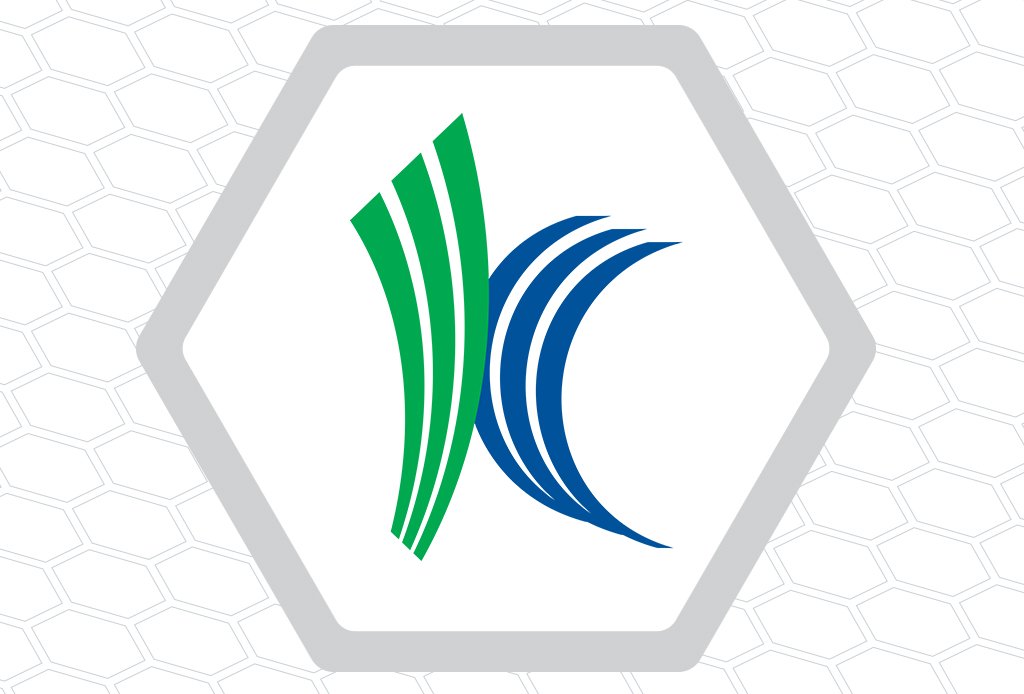Kitware Provides State-of-the-Art, Field-Deployable AI in DARPA URSA Phase II

After a successful performance during Phase I of the Defense Advanced Research Projects Agency’s (DARPA) URSA program, the team led by SoarTech, which includes Kitware, Michigan Tech Research Institute, and Threat Tec as subcontractors, has been selected to continue to Phase II. Three teams participated in Phase I, and our team was the only one selected for Phase II. The goal of URSA, or Urban Reconnaissance through Supervised Autonomy, is to help U.S. ground troops identify threats among a civilian population through active surveillance and autonomous reasoning
Cyber-Physical Systems and Deep Learning
In URSA Phase II, Kitware’s role is to provide autonomous, video-based detection, re-identification, and activity recognition in an urban setting. Using computer vision and deep learning technology allows our sensing and analytics systems to overcome the challenges of a complex, dynamic environment. These cyber-physical systems can perform onboard, autonomous processing to gather data and extract critical information while adapting to changing physical environments.
For URSA, Kitware’s team will use a combination of static ground cameras and Unmanned Aerial Vehicle (UAV) and Unmanned Ground Vehicle (UGV)-mounted cameras. Our state-of-the-art, field-deployable capabilities support threat detection using multi-modal sensing in real-world settings. Phase II will involve significantly more field testing than Phase I, with the team developing and testing capabilities in real-world scenarios from 2020 through the Spring of 2022.
Ethical AI
Under DARPA URSA, Kitware will also help analyze legal, moral, and ethical considerations relating to autonomous systems and decision-making. Explainability and trust are increasingly important aspects of AI, especially in use-cases involving human and machine teaming. Since AI, deep learning, and human-machine teaming play an integral role in URSA, ethical AI has become an important focus of the project.
Explainable and ethical AI is one of Kitware’s focus areas. Our team is working diligently to explain why an AI system produced a particular result. Integrating AI via human-machine teaming can accelerate scientific discovery as long as the team has a solid foundation of trust. Because AI systems can perform certain recognition and optimization tasks with super-human performance, their failings can be surprising if they arise from issues such as dataset bias or targeted adversarial perturbations. To trust their AI partner, users must understand how the technology is making decisions and have a sense of certainty in those decisions. For example, if the AI detects a given object in an image, what was the basis for that detection? If it uses degraded observations to predict a given condition, what other conditions are consistent with those observations? An AI system’s ability to explain itself in these ways is critical to effective teaming and requires fundamental advancements in AI algorithms.
About Kitware’s Computer Vision Team
Since 2014, Kitware has been a leader in computer vision deep learning. Deep learning plays an essential role in everything we do, and it has allowed us to dramatically improve object detection and tracking, object recognition, scene understanding, and content-based retrieval. Kitware’s Computer Vision Team recognizes the value of leveraging our advanced computer vision and deep learning capabilities to support the DoD and intelligence communities.
We work with various government agencies, such as the Defense Advanced Research Project Agency (DARPA), Air Force Research Laboratory (AFRL), the Office of Naval Research (ONR), Intelligence Advanced Research Projects Activity (IARPA), and the U.S. Air Force.
Our technical areas of focus include:
- Deep learning
- Cyber-physical systems
- Dataset collection and annotation
- Object detection and tracking
- Complex activity, event, and threat detection
- Image and video scene understanding
- 3D vision and super-resolution
- Image and video forensics
- Do-it-yourself AI
- Explainable and ethical AI
We also continuously explore and participate in other research and development areas for our customers as needed.
To learn more about Kitware’s computer vision work, email us at computervision@kitware.com.
This material is based upon work supported by the Defense Advanced Research Projects Agency (DARPA) under Contract No. HR001120C0180. Any opinions, findings, and conclusions or recommendations expressed in this material are those of the author(s) and do not necessarily reflect the views of the Defense Advanced Research Projects Agency (DARPA).